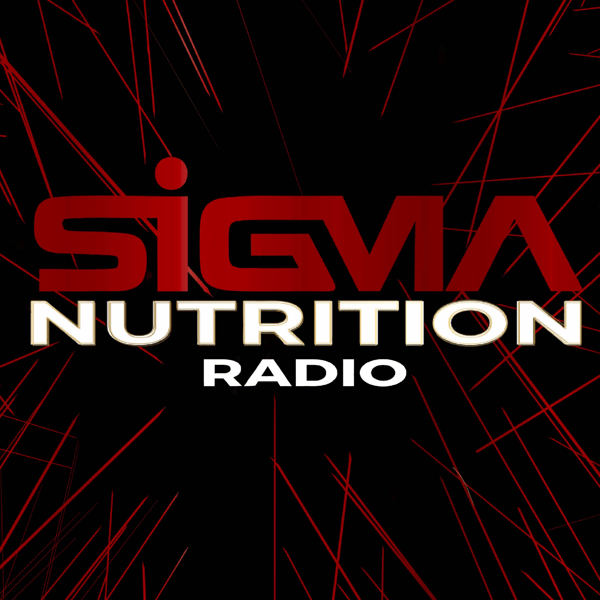#307: Stephan Guyenet, PhD – Are Popular Nutrition & Health Books Trustworthy, Accurate & Health-Promoting?
Sigma Nutrition Radio
Danny Lennon
4.8 • 626 Ratings
🗓️ 12 November 2019
⏱️ 61 minutes
🧾️ Download transcript
Summary
Stephan Guyenet is an obesity researcher, neurobiologist, and author. In addition to his research, he enjoys synthesizing and communicating science for a general audience over at his hugely successful blog.
Stephan has a PhD in neurobiology (University of Washington). He is the author of ‘The Hungry Brain’, which dives into the causes of obesity from the perspective of overeating and related brain chemistry.
He is also the founder of Red Pen Reviews, a site that uses a structured expert review method to deliver the most informative, consistent, and unbiased nutrition/health book reviews available.
Show notes: https://sigmanutrition.com/episode307
Transcript
Click on a timestamp to play from that location
| 0:00.0 | Hello, you are listening to Sigma Nutrition Radio, the podcast that brings you deep discussions |
| 0:06.6 | about all things nutritional and health sciences. I'm your host, as always, Danny Lennon, |
| 0:13.0 | and we're at episode 307 of the podcast. Now, there's no shortage of books that have been published on the topic of |
| 0:24.5 | nutrition or health, promising all sorts of different ways that we can improve our health, |
| 0:30.8 | body composition, and life through alterations in our diet and or our lifestyle. Now, the problem becomes that there is a huge variance in the accuracy and quality of these books written, |
| 0:46.3 | but that is often discordant from the popularity of those books, of the mainstream reviews of those books, and the esteem at which |
| 0:57.1 | they're held at a wide population level. And there's no real good way for most people to be |
| 1:03.6 | able to vet books in this area, because many of them can seem like they're credible. So oftentimes |
| 1:10.1 | we will have a author who looks like they're |
| 1:13.4 | really well credential to be able to talk about a specific topic within nutrition. Oftentimes |
| 1:18.6 | they'll come with a title of a doctor, whether that's as a medical doctor or have a PhD in a |
| 1:24.7 | specific area. And on paper, that is a tick of credibility for most people looking in. |
| 1:31.4 | And of course, ideally it should be. |
| 1:33.2 | But oftentimes we have, for many different reasons, a set of narratives or conclusions |
| 1:41.0 | within a mainstream book that isn't necessarily accurate. |
| 1:45.7 | On the other hand, we can have books that are incredibly accurate, very well written, and very |
| 1:50.5 | true to what we see within the scientific literature, but they don't seem to get the same degree |
| 1:56.7 | of fanfare or attention that they perhaps deserve, or perhaps they're just not seen as any |
| 2:04.1 | different from some of the other books of more questionable integrity. |
| 2:09.0 | And so how do we go about that process of separating which books are useful resources and |
| 2:15.3 | which are not? |
| 2:16.8 | Stefan Guine set out to set up Red Pen reviews, |
... |
Please login to see the full transcript.
Disclaimer: The podcast and artwork embedded on this page are from Danny Lennon, and are the property of its owner and not affiliated with or endorsed by Tapesearch.
Generated transcripts are the property of Danny Lennon and are distributed freely under the Fair Use doctrine. Transcripts generated by Tapesearch are not guaranteed to be accurate.
Copyright © Tapesearch 2025.

